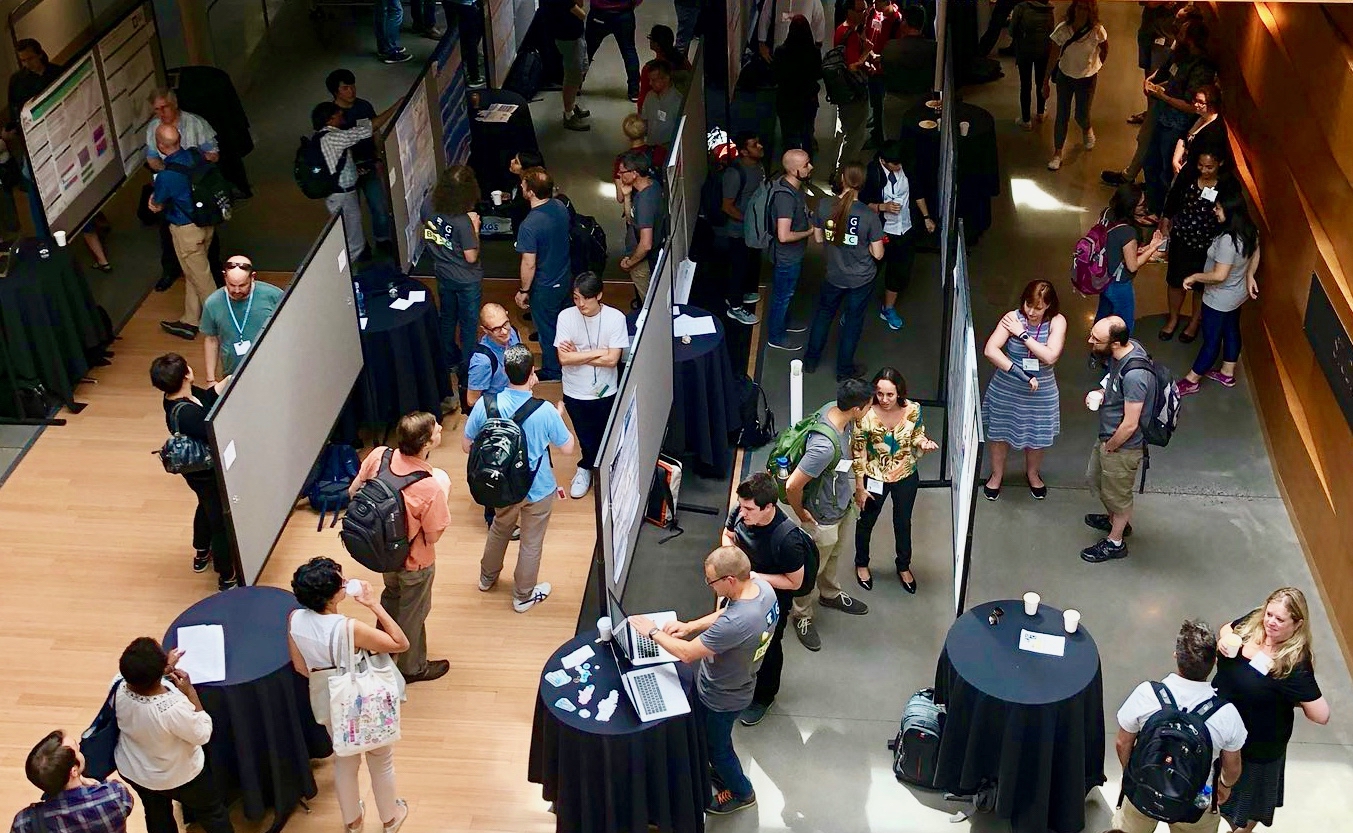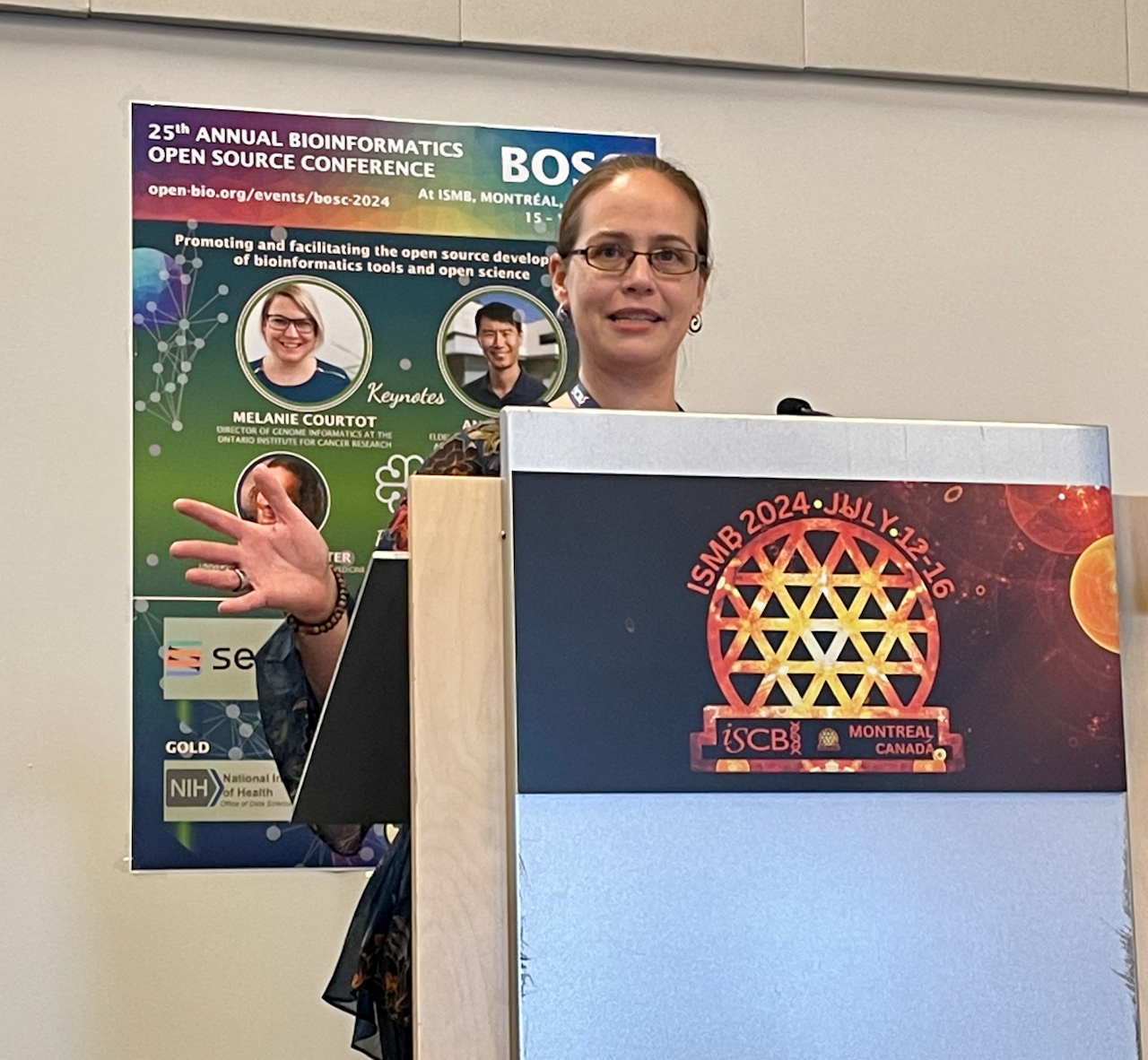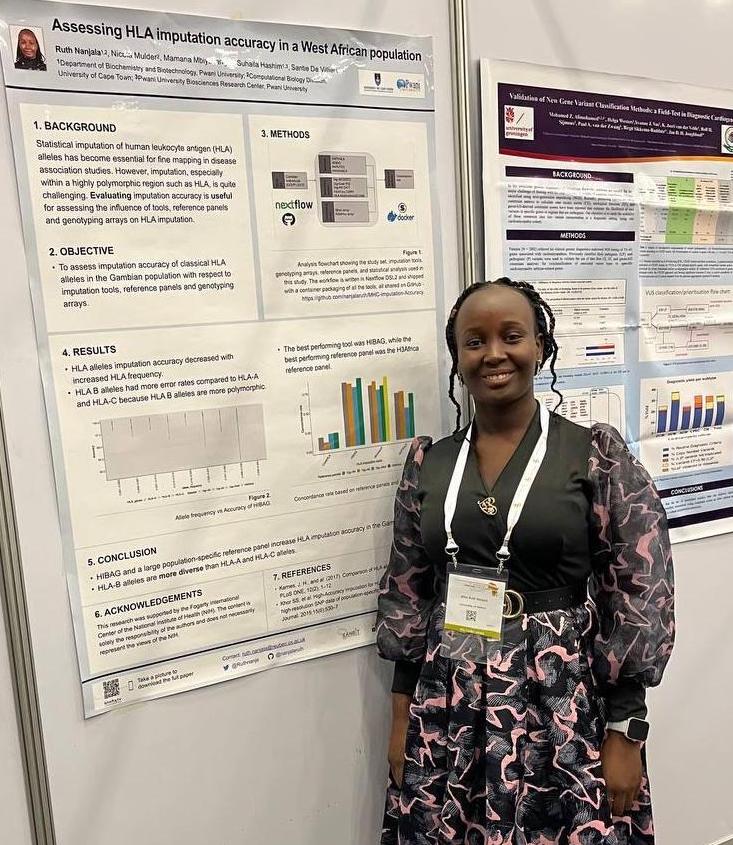The OBF is committed to providing a harassment-free and respectful environment for all members of our community. To ensure that we are clearly describing norms, rules, and recommended practices for all our participants and members, we have provided a first draft of the OBF Code of Conduct and shared it recently in our newsletter.
You can find the draft together with our request for comments on this pull request (see a preview here). If you have not already, please take a few minutes to add your comments in this pull request by June 4th, 2021.
[Read More]


